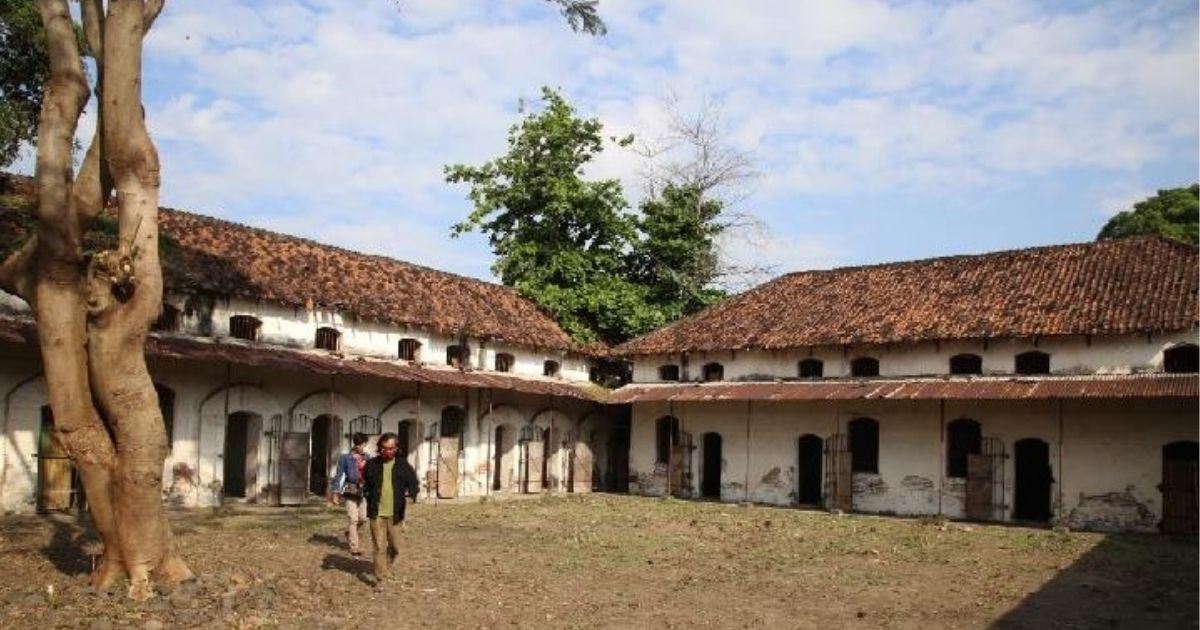The government of Madiun City in East Java has prepared a special containment facility for those who insist on traveling to the city despite the upcoming mudik ban: an abandoned military prison building.
Earlier this month, Madiun Mayor Maidi said that the building, which is known to be “haunted” by locals, will serve as an isolation facility for mudik travelers. Located near the St. Cornelius Catholic Church complex, one section of the military detention facility was once a prison for civilians who were accused of rebellion against the Dutch colonizers.
Coordinating Human Development and Culture Minister Muhadjir Effendy visited the building with Maidi yesterday to see how far the progress has gone to prep it as an isolation facility.
“I urge everyone not to go on a mudik. Because I agree with the mayor, those who dare to go on mudik will be put here,” Muhadjir said in a statement today.
According to Muhadjir, the old prison building is still far from proper despite it being in the middle of an ongoing cleaning and renovation process. Much of the paint on the walls have been peeled off and covered with moss, while the floor still features old tiles.
Muhadjir said that the Madiun city government has prepared another isolation place at the hajj dormitory, and the old military detention center would be used as a last resort should the former be full.
The building is supposed to undergo a restoration project, after which it is set to reopen as a historical tourist attraction.
Before the pandemic, the annual homecoming exodus tradition usually saw around 30 million Indonesians visiting their hometowns annually. This will be the second year for the mudik ban to take place after the policy was first introduced last year to reduce potential risks of COVID-19 transmission. Despite the ban, millions still left for their hometowns in 2020, especially before the regulation came into force.
The COVID-19 Task Force issued a circular last week introducing tightened domestic travel regulations ahead of and after the mudik homecoming exodus ban. It has set stricter screening regulations at ports and on the road until the start of the mudik ban on May 6, as well as for seven days after the ban ends on May 17.
The task force said the new circular was a response to those intending to beat the mudik ban by traveling before May 6.
Also Read — COVID-19 Task Force tightens domestic travel regulations ahead of mudik ban





Reader Interactions